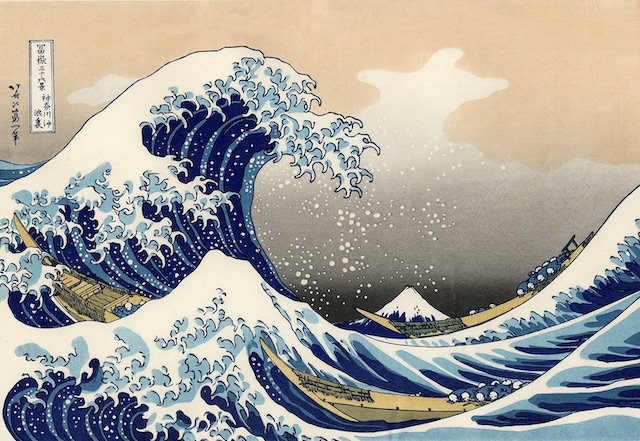
–– Carl Jung
On September 30, 2019 I boarded a JAL flight for Japan, arriving in Tokyo on October 1st. It was the final step in a thoughtful plan. The decision to leave America for Japan was a deeply personal decision reflecting what I believed was best for Keiko and myself as I faced the autumn of my years.
One year later, I want to share in a series of posts some personal reflections about leaving America and a new life adventure in Japan.
Part 1: Missing America? ––
“Do you miss America?” A question I have been most asked in Japan and in e-mails from family and friends around the world. It is a difficult question to answer and the opening Jung quote speaks to the complexity of my feelings that underlie the answer.
On a deeply personal level, I do miss my immediate family. However, since life circumstances and living in Maine had already created a degree of separation and self-isolation from my family, the distance of 6500 miles may have strengthened those inter-personal relationships.
I realized that in today’s Facebook-reality culture, the term “Friend” has lost meaning. I really don’t have many friends; I have thousands of acquaintances; but few friends.
There is a marked difference between acquaintances and friends. Most people really don’t become friends. They become acquaintances, people we meet, enjoy, and can easily leave behind. I say this because in a friendship you get to know the spirit of another person and friendship grows deep roots.
Over 76 years most of my “friendships” were or have simply evolved into acquaintances. I know those that are true friends because it doesn’t matter what the physical distance or how much time goes by, we still connect like we just had spoke yesterday.
When in 2003 Keiko and I arrived in Maine from Tokyo we knew not a single person. Being “from away” in a place with no roots or history, we developed a network of friends –– a close-knit group brought together by our Japanese wives, neighbors on Crystal Lake who adopted Keiko and I like family, colleagues and students at the University of Maine who respected me as a teacher, and many professional associates, particularly from the entrepreneurial community, who valued my contribution to their enterprise activities. I treasure the memories that made for a wonderful life in Maine, a place where I arrived as a total stranger at a difficult time in my life.
Beyond family and friends, on a less emotional level there is a small list of some things I do miss:
- Resting on Crystal Lake listening to the haunting cry of the loons;
- the ability to grill anytime;
- and White Castle hamburgers!
While there are times I miss FaceBook as a means of staying in touch with distant family and friends, I do not regret abandoning the social media platform as a communication method.
Along with the constant distraction of advertisements and unsolicited “news” that diminished the benefit and enjoyment of the contact with friends, I was outraged by the way the platform was being used to undermine democracy, human rights, privacy and public health. Zuckerberg’s failure to prevent bad actors exploiting Facebook and leveraging user trust to spread disinformation and hate speech, to suppress voting and to polarize citizens has confirmed my decision.
I now regularly hear from my family and occasionally from some friends through e-mail, FaceTime or Zoom video calls, or sharing comments on my blog. PaulMyer.com is my little corner of the world.
In the one year since I left so much has happened in the United States. Beyond the unrelenting human devastation of the Covid-19 pandemic, I am shocked by the social, political and economic chaos that dominates the news. I can’t imagine what it is like to be living in America today.
Although I try not to be cynical, with political fear driving developments, even IF Biden wins and can assume the Presidency, it may take years for anything like normality (whatever that is in a post-pandemic world) to return.
On the global stage, American influence as a force for world peace and progress is now openly questioned by international observers and analysts who interpret current events as a sign of further American decline leading to the diminishing geopolitical, military, financial, and economic power of the United States.
So, do I miss living in America? The simple answer is no. I am grateful that I am not forced to face the distrust and divisiveness my family and friends must deal with in America today. In these extraordinary, sad and tragic days, I am safe, healthy and happy in my adopted homeland.




